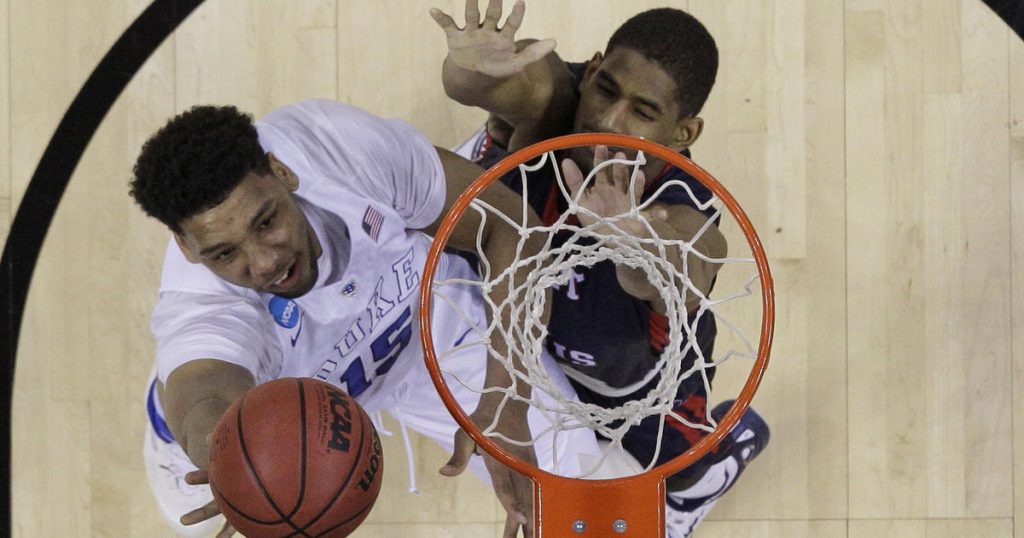
Stocks in the U.S. have entered a “bear” market as the Dow closed more than 20% below its peak last month, ending a record-long bull run that started in 2009 after the Great Recession.
The downturn has been swift and sudden. The index reached a record high of 29,551 points on February 12. It shed another 1,400 points on Wednesday for a total drop of 20.3% since its previous high, meeting the 20% threshold that defines a bear market.
Investors are fleeing stocks amid mounting fear about the impact of the coronavirus on businesses and consumers, with some economists saying it could trigger a recession this year. The World Health Organization said Wednesday that the outbreak spreading around the globe can now be characterized as a pandemic, which pushed stocks to lower levels in afternoon trading. Corporate earnings growth is likely to “collapse” in the second and third quarters as businesses feel the hit of the coronavirus, which is curtailing travel and spending, Goldman Sachs analysts predict.
“Financial market panic” is adding to the economic stress, according to Oxford Economics chief U.S. economist Gregory Daco. “The lack of a coordinated health, fiscal, and Federal Reserve response is further feeding the frenzy of surging volatility, plunging stock prices, and widening corporate spreads.”
The S&P 500 also enjoyed a record high less than a month ago, when it peaked at 3,386 on February 19. But since then the broad-based index has shed 19.1% of its value, putting it on the cusp of a bear market.
What comes next?
Already, the stock plunge has wiped out a year of market gains that had lifted the fortunes of many Americans and bolstered retirement portfolios. Through Monday’s close, the U.S. stock market had shed $6.5 trillion in value since its February high, according to S&P Dow Jones Indices senior index analyst Howard Silverblatt.
A bear market differs from a “correction” in its severity, with the latter referring to a decline of 10% from stocks’ most recent high. Such declines may also send different signals about the state of the economy.
Corrections are common during bull markets — they are viewed as painful, but normal, because they can puncture speculative bubbles like the run-up in dotcom stocks two decades ago. They also give investors a chance to buy stocks at lower prices.
Bear markets are much rarer, occurring on average about once a decade. They also often — though not always — foreshadow a recession.
Even as markets gyrate, however, the key for investors is to stay calm and focus on their long-term goals, such as saving for retirement, Dan Keady, chief financial planning strategist at financial services firm TIAA, told CBS MoneyWatch.
“No matter the situation today, which is obviously very anxiety-producing, the best thing is to tune out the noise,” he said. “The first thing is to understand your time horizon. Short-term money doesn’t belong in the stock market, regardless of where the stock market is going.”
The good news? Bear markets usually don’t last as long bull markets, according to financial firm Invesco. The typical bear market lasts just shy of a year and wipes out about 34% of the stock market’s value. But timing the end of a bear market can be tricky, which is why investment pros generally advise long-term investors to hold onto their stocks.
And despite the coronavirus, Wall Street expects markets and the broader economy rebound later this year.
“By year-end, economic and earnings growth will be accelerating, the fed funds rate will be at the zero lower bound and the impact of any fiscal stimulus will be flowing through to consumers,” Goldman Sachs analysts wrote in a note to clients on Wednesday.
Goldman’s prediction for the S&P 500 at year-end? At 3,200 points — or about 17% higher than Wednesday’s closing price.

